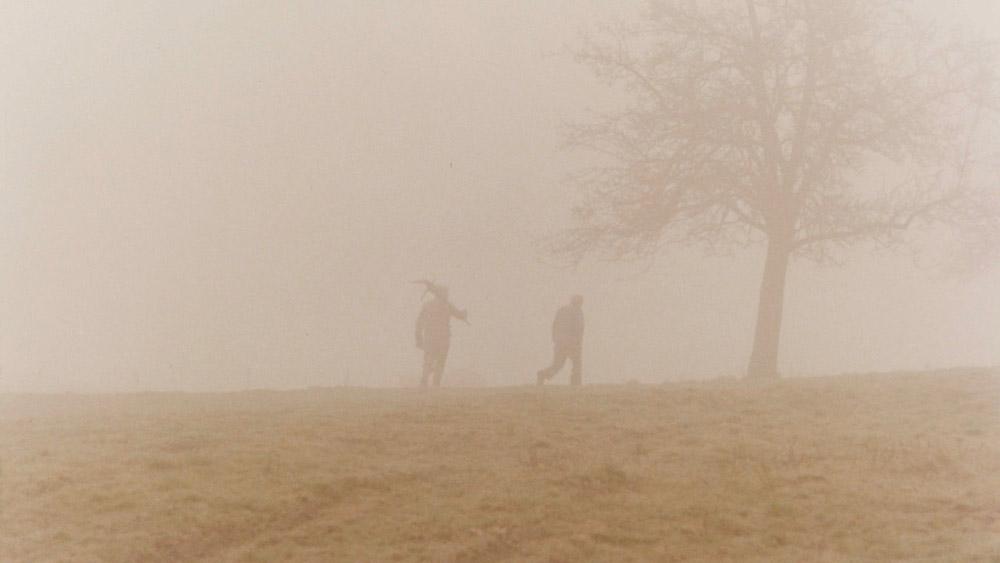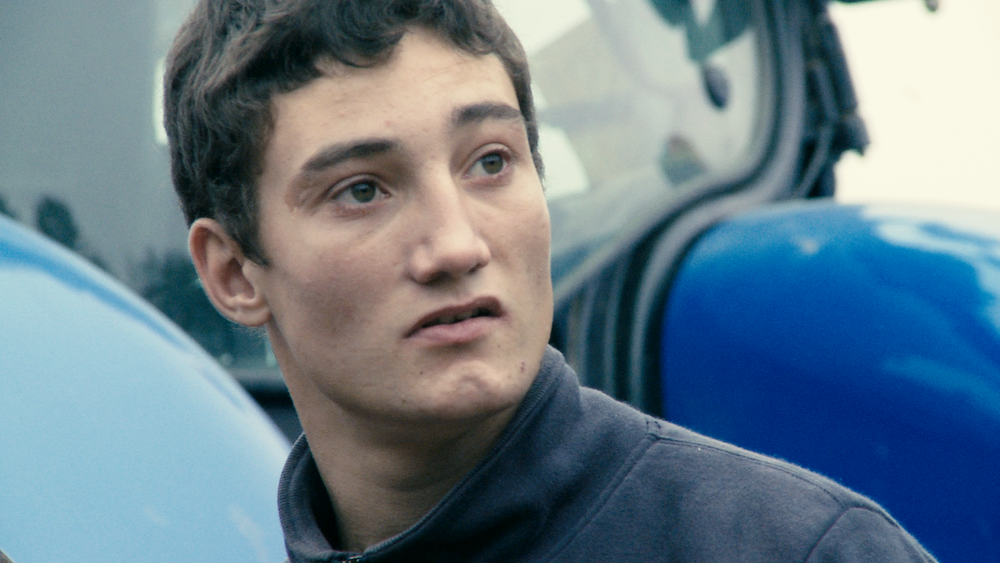Eastern Belgium. The Fourons region is beset by violent linguistic confrontations and the agricultural world is entering a period of great change, faced with the choice between European norms or marginalization. The film’s emotional context is just as dramatic: the death of a father. These tragic events bear down simultaneously upon the life of a young farmer. Will he decide to take on the farm, or follow the advice of his aunt – a barrister in Liège – and leave behind the great landscape of Alexis, his deceased father, for a self-imposed exile in the city, building a new life for himself?
“The narrative spans eight days of tension and uncertainty, days spent pondering a decision. The storyline forms a metaphor of a region fighting for its identity. Situated in a precise and tragic historical moment, the film regularly makes use of authentic footage of the events. Jean-Jacques Andrien chose a pivotal economic and political moment, a period of rupture and change serving as a powerful backdrop, echoing the problems confronting his characters in their parallel search for identity.
The film oscillates between present, past and the future and is driven by the voice-over of Droeven’s son. As the sequences of the film unfold they alternate between the ritualized gestures surrounding a death, recollections of the father's militant life, those farmers who have adopted the business ethic and those whose methods remain prehistoric, the festive life of a village (with brass band and traditional games) and the “worldly” attractions of the town. The institutional conflicts may have abated in the meantime, but the film still rings true.”
Jacqueline Aubenas
“Andrien borrows from Dreyer the quiet strength that enables him to compose images that are both as solid as a church tower from days gone by and fragile as a spring flower.”
Freddy Buache
“The fact that film is a realistic medium dictates that it reaches the abstract through the concrete. But Andrien, incredibly, manages the opposite, making us understand the tactile qualities of farming without once showing his hero so much as putting a finger to the earth.”
The Village Voice




